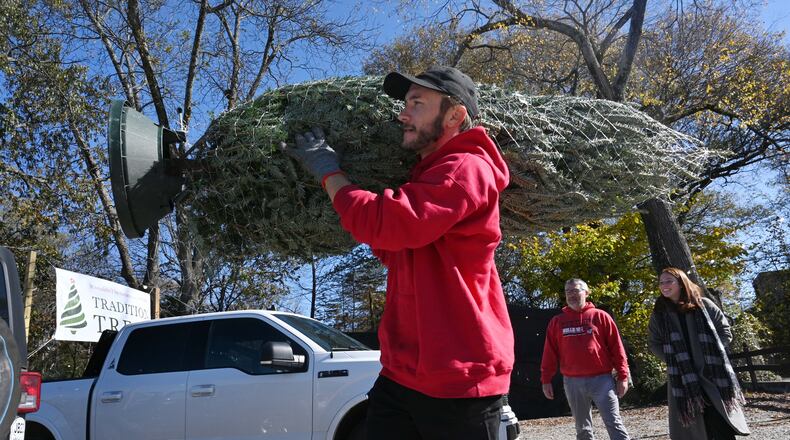If you are hosting or taking part in a holiday gather, here are some things to know about keeping it healthy.
At this stage in the pandemic, experts say testing is no longer necessary for every occasion. But if high-risk guests are attending, such as older family members, newborns, or the immunocompromised, it’s wise to have everyone test beforehand.
The best thing you can do is get vaccinated and stay home if you are sick.
How long do I have to isolate if I get COVID? What about the flu or RSV?
The CDC still says anyone who tests positive for COVID should isolate for at least five days. And for 10 days after testing positive, people should wear a high-quality mask such as a KN95 any time they are around other people.
So what if your holiday get-together falls within the first five days of testing positive? “Unfortunately, you’ve got to stay home,” said Dr. Luke Lathrop, chief medical officer at SmartMED Drive-Thru Medical Care in Roswell. “You’d feel pretty terrible if your holiday gift to your family member was COVID. The same goes for the flu or whatnot,” he said.
And it can get trickier for those who get COVID but test negative and then get a rebound of symptoms later. When symptoms rebound, the recommended isolation clock resets.
When it comes to the flu, people with flu are most contagious in the three to four days after their illness begins. The CDC recommends people with suspected or confirmed flu (even without fever) should stay home for four to five days after the onset of symptoms or for at least 24 hours after the fever is gone.
People with RSV are usually contagious for three to eight days and may become contagious a day or two before they start showing signs of illness.
-Adapted from reporting by the AJC’s Helena Oliviero. Read: Just in time for the holidays: COVID-19, flu, RSV make their return.
About the Author
The Latest
Featured

